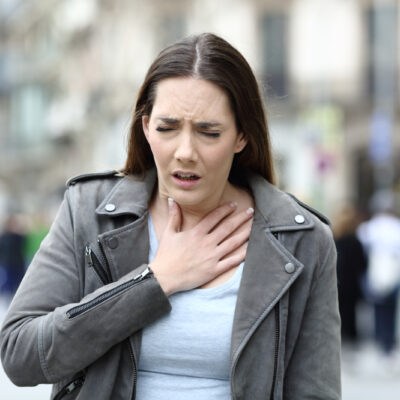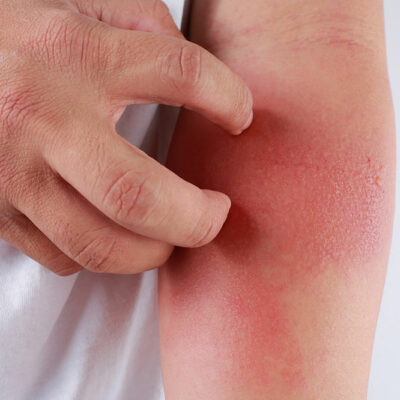
Nutrition
Avoid These 4 Common Keto Mistakes
There’s not a lot of research to back up the benefits promised by the keto diet, so it might get a little difficult to predict the results. Plus, there are a lot of restrictions when on a ketogenic diet, so it can also be difficult to get it right at times. That said, making simple mistakes can bring down the effectiveness, so avoid making these common keto diet mistakes to get the best results. 1. Being wary of eating too much fat Many following a ketogenic diet find it difficult to stick to the fat proportion because they feel they’re consuming too much fat. This is because we’ve been conditioned into believing that consuming too much fat will lead to weight gain, irrespective of the physical activities we take up or what we consume apart from fats. That said, the keto diet makes up for the calories that are cut down from other nutrients with fat intake, and lower calorie intake can affect the body’s hormone function and impair metabolism, causing lethargy and weakness. Making fats the main source of energy for the body is called ketosis, and this process must be quicker for beginners, so they might need more fats than people following a keto diet for longer.
Read More 











